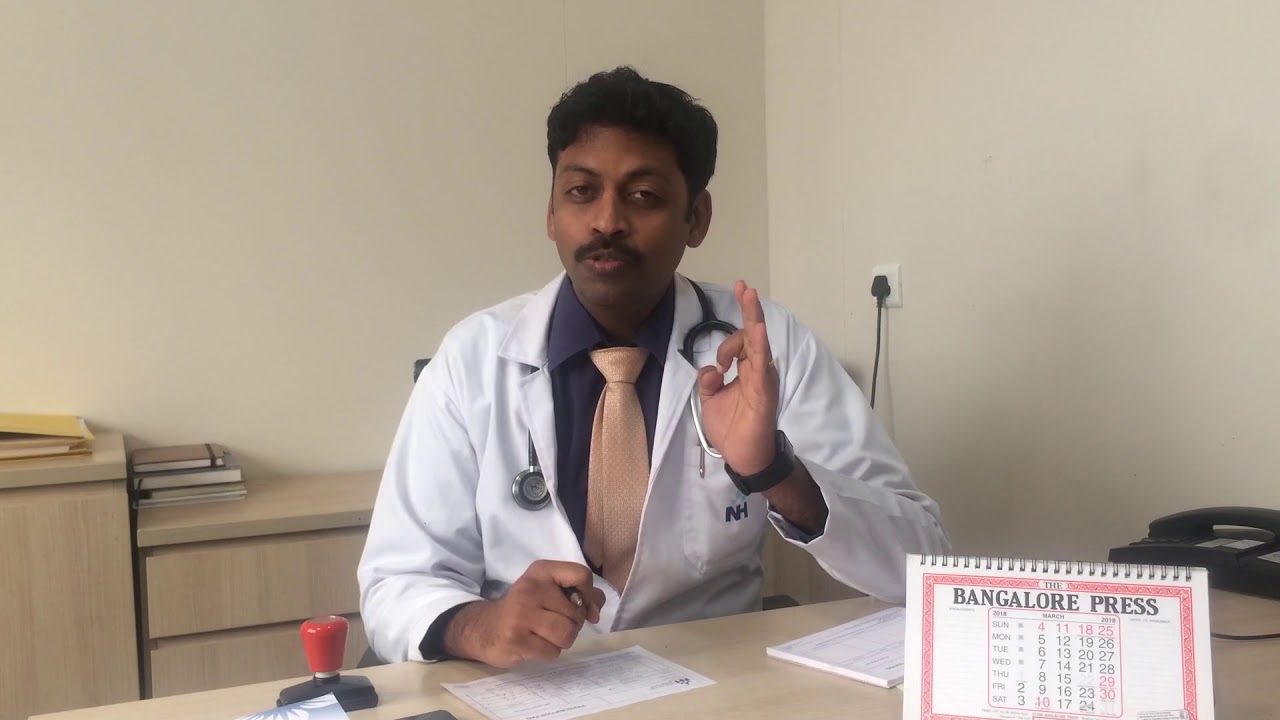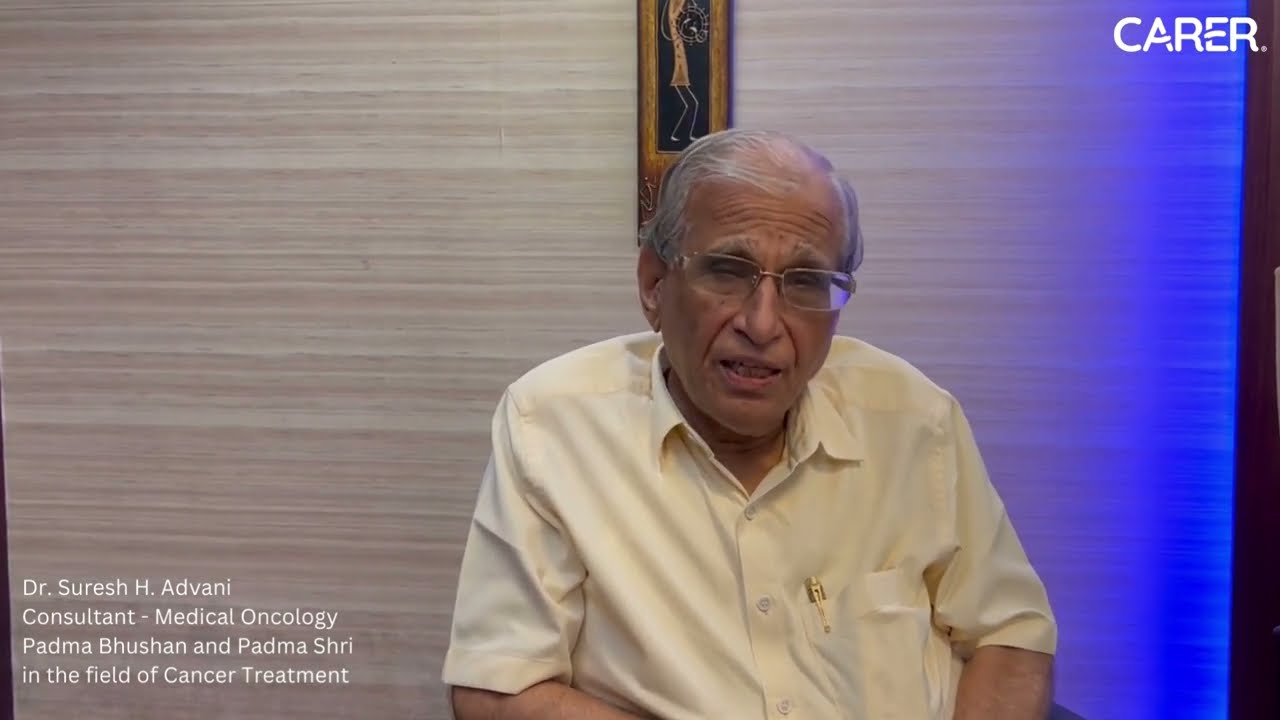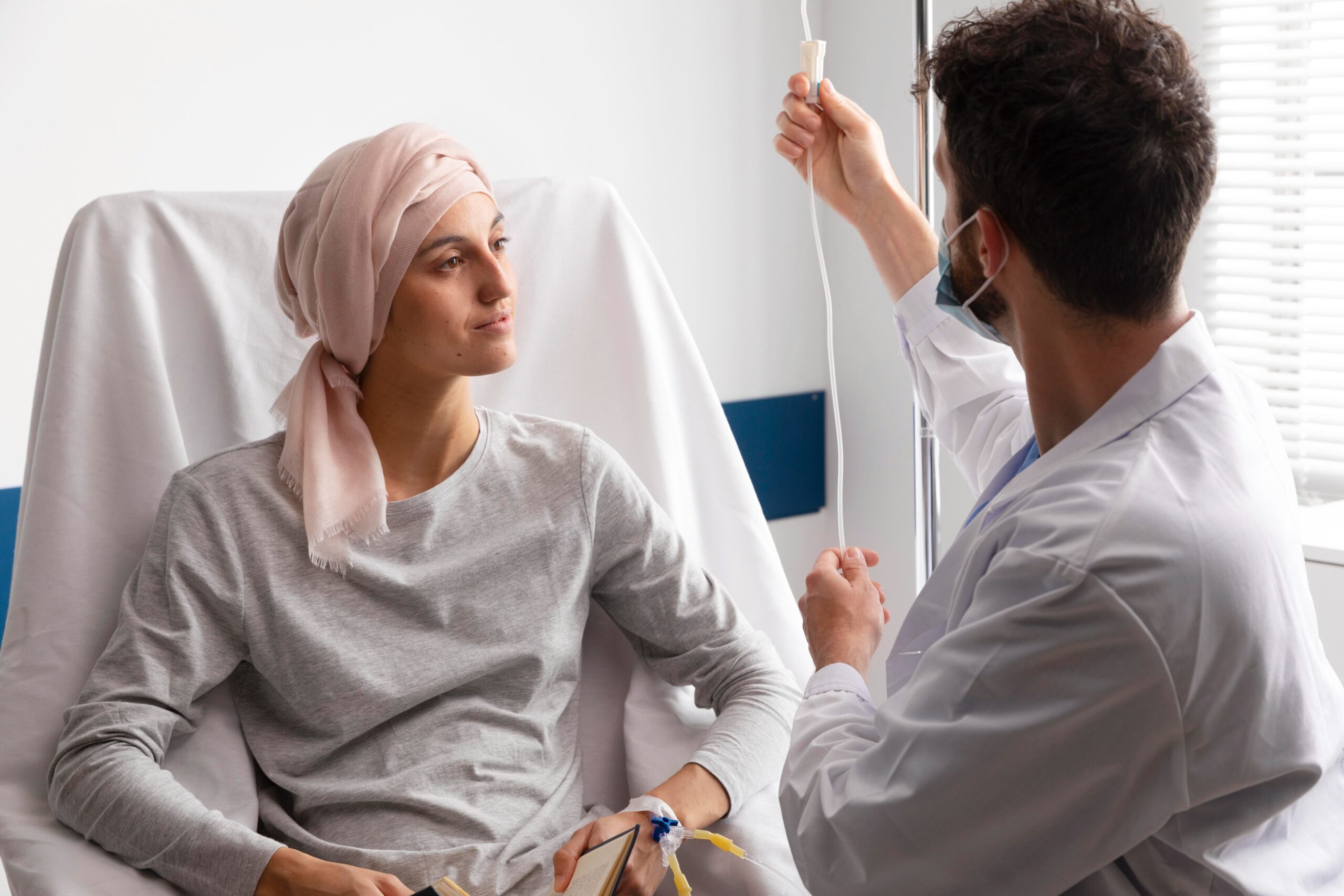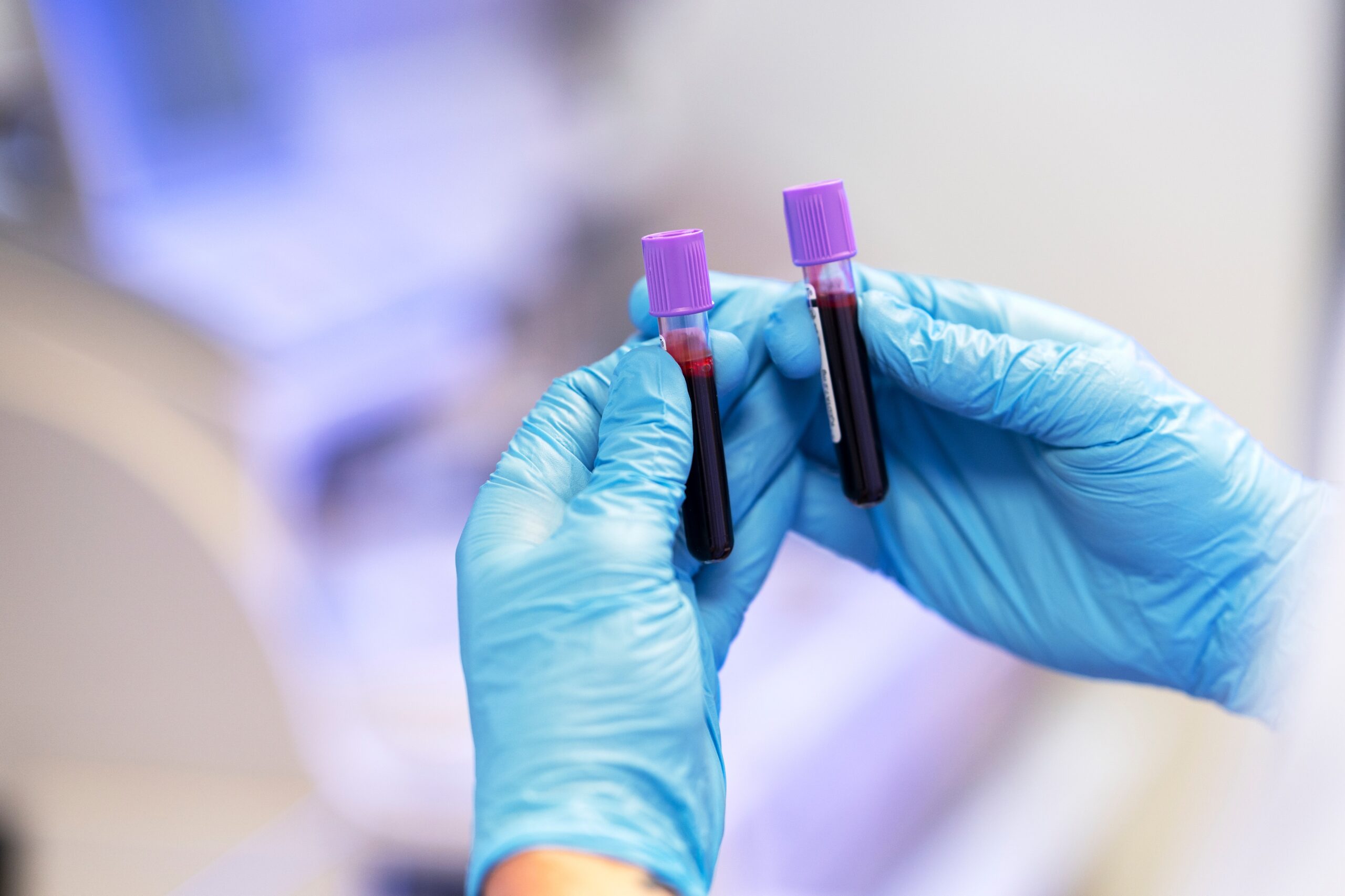Category: Treatment
-

Coaching for Cancer: Fighting Back with a Holistic Approach
Cancer is one of the toughest battles a person can face. Cancer treatment can challenge a patient’s endurance to an unmatched degree due to its physical, emotional, and mental toll. Renowned oncologist Dr. Rajeev highlights that overcoming this obstacle calls for a comprehensive strategy that fortifies the body, mind, and soul in addition to medical…
-

The Evolution of Cancer Care: A Holistic Approach – Insights from Dr. Chanchal Goswami
Over the past ten years, there has been a significant change in the way cancer is treated, moving away from a strictly medical approach and toward a more patient-centered, multidisciplinary paradigm that prioritizes prevention, early detection, and overall health. Important insights on how cancer treatment has changed and how patients, caregivers, and physicians can collaborate…
-

From Frying to Fresh: How Cooking Methods Can Impact Cancer Risk (And What to Do Instead)
We all love the sizzle of a grill or the crispy crunch of fried dishes, but did you know that high-heat cooking methods can create dangerous compounds from seemingly harmless food? These compounds can, in turn, increase your risk of cancer. The good news? Small modifications in how you cook can drastically minimize risks while…
-

Homeopathy in Cancer Treatment – Controversies and Potential
Homeopathy is a holistic system of medicine founded in the late 18th century by Samuel Hahnemann. The system is based on the idea of “like cures like,” it stimulates the body’s self-healing processes by using very diluted natural chemicals. The preparation of homeopathic remedies involves succussion, or forceful shaking, and serial dilution, which is thought…
-

The Gut-Brain Axis: How Your Gut Influences Your Mind
Before a significant presentation, have you ever experienced “butterflies” in your stomach? Have you ever suffered from gastrointestinal distress when under stress? These feelings draw attention to the gut-brain axis, the intriguing relationship between your gut and brain. The hypothalamic-pituitary-adrenal (HPA) axis, enteric nervous system (ENS), autonomic nervous system (ANS), and central nervous system (CNS)…
-

Gentle Ways to Manage Cancer-Related Fatigue: From Restorative Yoga to Herbal Support
Cancer-related fatigue (CRF) is not just ordinary tiredness—it’s a persistent, overwhelming exhaustion that doesn’t improve with rest. In contrast to ordinary fatigue, CRF can be brought on by anemia, stress, inflammation, or cancer therapies, making daily tasks feel draining. Thankfully, mild, all-encompassing methods can help control chronic weariness and enhance quality of life. Understanding Cancer-Related…
-

The Importance of Exercising During Cancer Treatment – Insights from Dr. Advani
Cancer treatment is a challenging journey, often accompanied by fatigue, weakness, and emotional distress. While rest is important, too much inactivity can actually slow down recovery and worsen side effects. Renowned oncologist Dr. Advani emphasizes the critical role of physical activity during and after cancer treatment, debunking the common myth that patients should avoid exercise.…
-

T Cell Therapy: A Revolutionary Approach to Cancer Treatment
Over time, cancer treatment has changed dramatically, and immunotherapy has emerged as a ground-breaking strategy. T cell therapy, which uses the body’s immune system to target and kill cancer cells, is one of the most promising developments. Some malignancies have responded remarkably well to this novel treatment, giving patients who would otherwise have few options…
-

Liquid Biopsies: Revolutionizing Early Detection and Monitoring of Cancer
Cancer diagnosis and monitoring have traditionally relied on invasive tissue biopsies, which can be painful, risky, and slow. However, liquid biopsies are transforming oncology by offering a non-invasive, faster, and highly effective alternative. Liquid Biopsy – How It Works A liquid biopsy is a simple blood test that finds cancer cells, circulating tumor DNA (ctDNA),…
-

The Power of Medicinal Mushrooms in Supporting Cancer Care
Medicinal mushrooms have been used for centuries in traditional medicine, and modern research is now uncovering their potential in supporting cancer treatment. While they are not a cure, certain mushrooms exhibit immune-boosting, anti-inflammatory, and anti-tumor properties, making them valuable as a complementary therapy. Key Medicinal Mushrooms and Their Benefits Scientific Evidence and Mechanisms According to…
